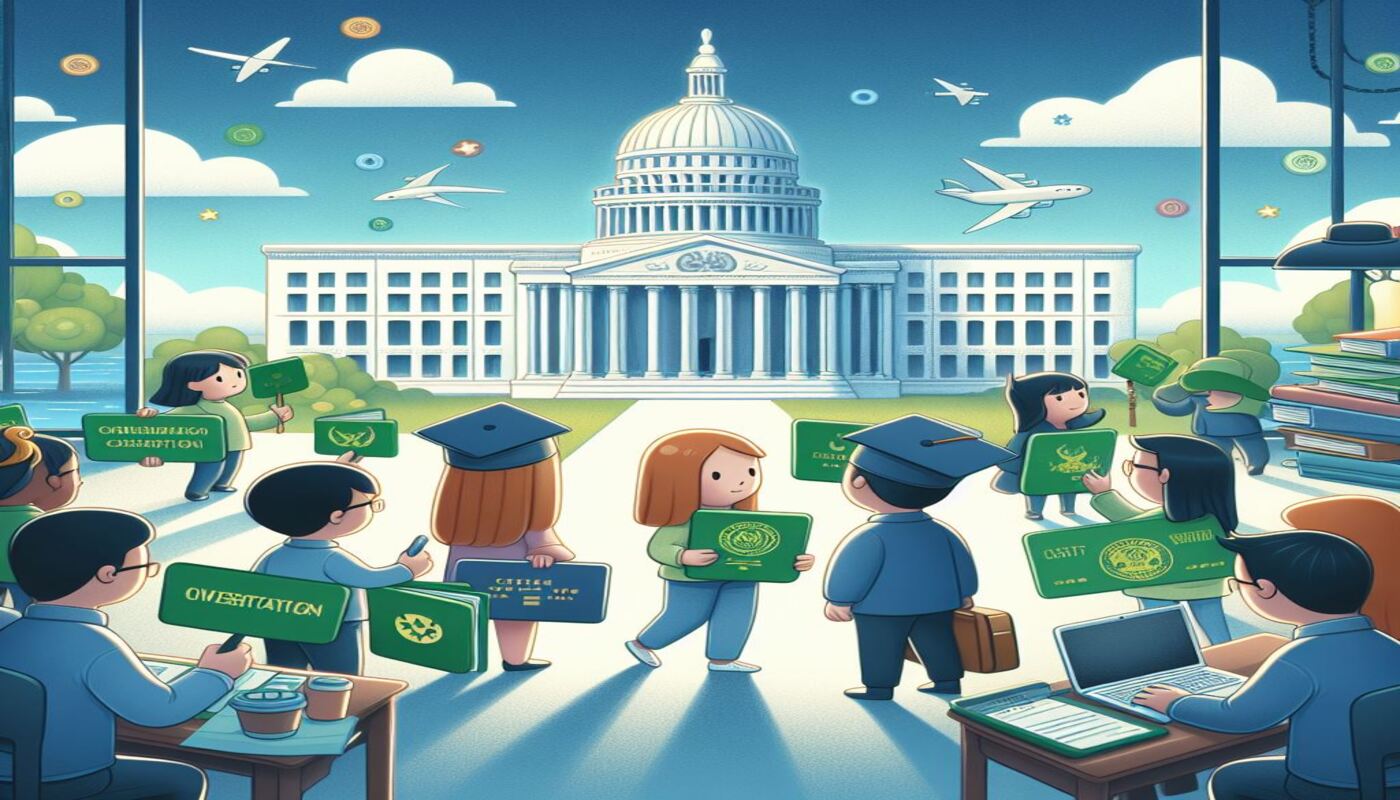A new Temporary Final Rule (TFR) issued today by the U.S. Department of Homeland Security (DHS) and Department of Labor (DOL) is set to increase the availability of H-2B visas by an additional 64,716 in Fiscal Year (FY) 2024. This move, mirroring the supplemental visas provided in FY 2023, nearly doubles the usual annual quota of 66,000 H-2B visas.
Under this TFR, 44,716 of the additional visas are designated for returning H-2B workers, while the remaining 20,000 are reserved for nationals of Colombia, Costa Rica, Ecuador, El Salvador, Guatemala, Haiti, and Honduras. This marks a slight expansion in the list of eligible countries compared to the FY 2023 allocation.
The distribution of the supplementary H-2B visas will be done through a series of allocations throughout FY 2024, considering case type and requested start date, with different filing timelines. Employers seeking these additional visas must attest to suffering irreparable harm if unable to employ the requested workers.
Furthermore, the TFR includes provisions to protect both U.S. and H-2B workers, including enhanced scrutiny for employers with certain labor law violations in the H-2B program. Notably, a temporary portability provision allows workers in H-2B status to commence employment with a new employer for up to 60 days before petition approval, applicable from January 25, 2024, to January 24, 2025.
The increased visa allocation applies exclusively to FY 2024 and does not impact future fiscal years. To note, petitions for supplemental H-2B visas under this rule must be filed at the Texas Service Center, with a deadline of September 16, 2024. If the numerical limit is reached for any allocation, a random selection process may be initiated.
Employers are advised to collaborate with immigration counsel to submit petitions promptly to maximize their chances of obtaining H-2B visa numbers before the allocation is exhausted. The TFR is part of broader efforts by the Biden Administration to enhance worker protections in temporary worker programs, reflecting proposed regulations to modernize and improve H-2B and H-2A programs.
Source: Fragomen


















